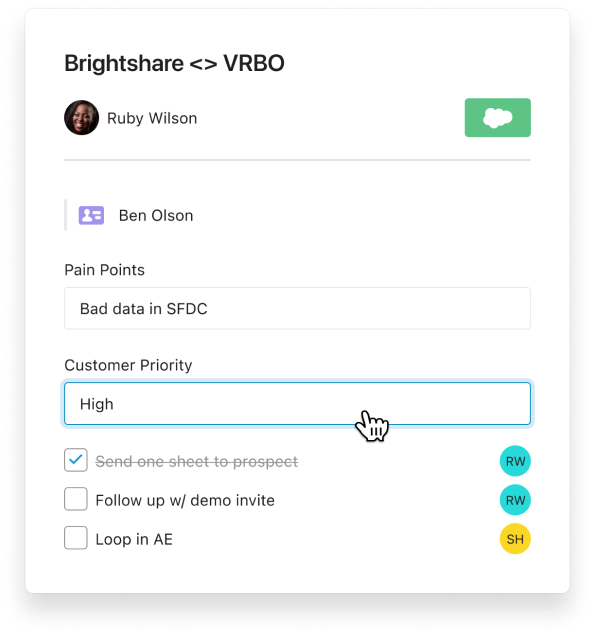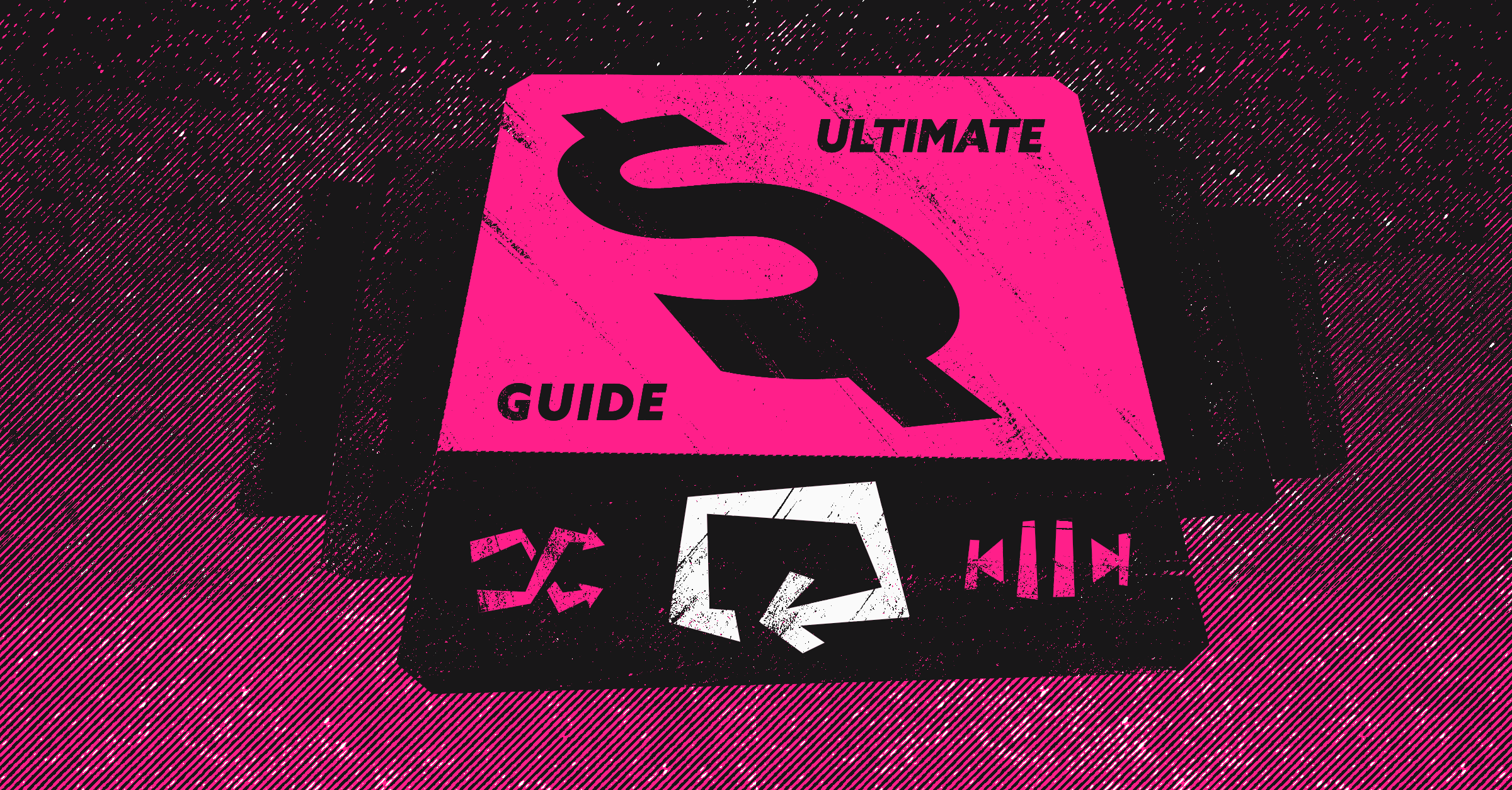
One of the best things about sales is the job security. This might come as a surprise to those who (correctly) believe that if you don’t close deals, then you won’t have a job. But the job security afforded by a career in sales is the idea that if you can sell, then you can find a job anywhere, simply because there are so many companies out there, and these companies need top-performers to sell their products.
But does the ability to sell one product translate into the ability to sell another? There is, after all, a big difference between selling luxury watches in the mall and selling software to accountants, isn’t there?
Well, the answer is a bit more nuanced than a simple yes or no. While the target markets, price points, and length of sales cycles can differ from one product to the next, the basic tenets of sales remain the same. There’s the product, the prospect, the price, the budget, and the need (among other things). And while different sales processes and ideal customer profiles and number of decision makers can, of course, make things much more complicated, there are some sales truths that don’t change no matter what type of product you sell. Here are five:
1. If you don’t have the prospect’s trust, then you have nothing
In sales, trust is everything, and that’s true whether you’re selling a $300 sofa or a million-dollar piece of medical equipment. A prospect must feel like they can trust their sales rep, otherwise they’re unlikely to buy, and will even be willing to pay more for the same product or service with somebody they can trust. Trust needs to be built from the moment you first meet. It’s built by listening, being honest (of course), doing what you say you’re going to do, and (this one is important) always acting in the prospect’s best interest. If you can build trust, then even the price starts to matter less. If you can’t, then even the best deal on the planet is unlikely to be enough.
2. It’s not about what you want, it’s about what the prospect wants
This can be a tough mindset shift to make. And it can be even tougher to keep it up with every new prospect you speak to. In sales, your job is to help the prospect. And if you can do this well and do it consistently, then you’ll end up getting what you want (big commission checks and a great career). But it starts with the former, never the latter. Because what you want to sell or what you want to achieve is absolutely irrelevant to the prospect. They, like most humans, care about their own problems. So the sooner you get into the mindset of caring about their problems too, the sooner you’ll start to see your prospects turn into closed deals.
3. Pipeline is everything
Even if you’re selling low-ticket items, if you don’t constantly have a pipeline full of potential deals, then you’ll never make enough money to survive. At the high end and at the low end, sales is dependent on pipeline. Even if you have deals to close, you must always be thinking ahead and building up your pipeline for next month, next quarter, or next year. If there’s one sure-fire way to identify a top producer, it’s to look at how much they focus on building pipeline. No matter where you go, and no matter what you sell, if you keep your pipeline full, you’ll always have enough opportunities to get through the lean times and thrive during the booms.
4. The follow-up is where the rubber meets the road
If you want a sales job where you’ll only speak to a prospect once, close a deal, and never have to bother with them again, you’ll be looking for a very long time. Sales, pretty much no matter what you sell, will require follow-up. Sometimes, it will require a lot of follow-up. And in many cases, those who don’t believe in following-up, or are too lazy to do it, won’t survive. Studies have consistently shown that most prospects need to be contacted at least 4-6 times before they’ll make a buying decision. So those who are expecting their sales life to consist of one-call-closes are not only dreaming, they’re probably not long for any type of sales.
5. It’s rarely going to be easy
If you want an easy job, look somewhere else. There’s a reason why successful sales reps can make as much, or more, than doctors, lawyers, and executives. What we do is difficult, that’s why we’re compensated so well. Sales is simple, but it’s not easy. This means that the concept of sales itself isn’t complicated: finding buyers, presenting options, following-up, and closing deals. In practice, however, there’s a whole host of other considerations: finding the right people, dealing with rejection, beating out competitors, juggling multiple competing demands, going above and beyond to make things happen, and all the while dealing with managerial demands and trying to have a personal life. It’s not easy, but it can definitely be worth it. Just make sure you go into it with your eyes wide open, no matter what product you ultimately decide to sell.
Finally, a sales process that gives you the freedom to sell.
Use Dooly to keep your deals on track, and your manager off your back.
Try Dooly for free
Join the thousands of top-performing AEs who use Dooly every day to stay more organized, instantly update their pipeline, and spend more time selling instead of mindless admin work. Try Dooly free, no credit card required. Or, Request a demo to speak with a Dooly product expert right now.


